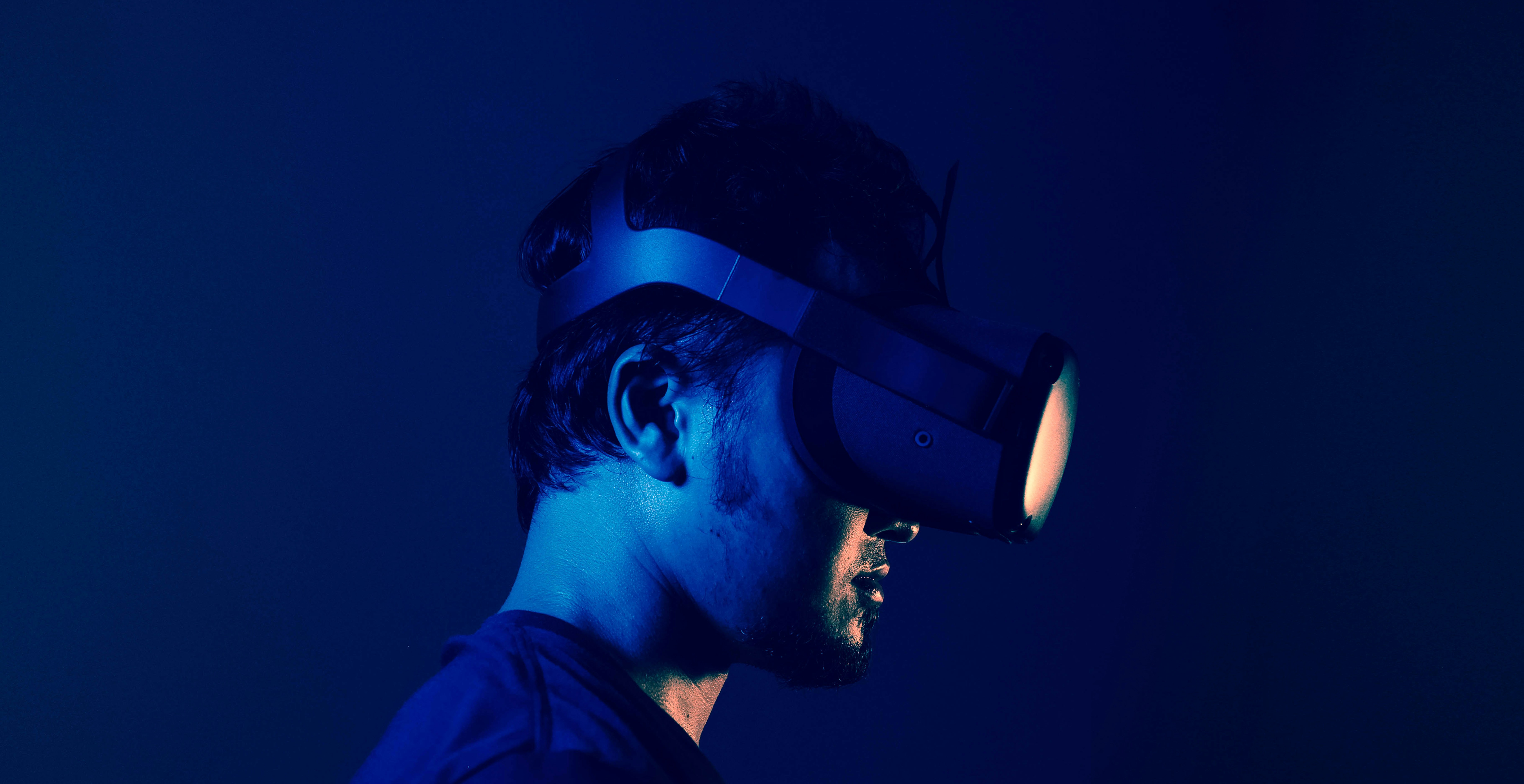
Skills You Need to Succeed in the Medical Technology Industry
The medical technology industry is at the forefront of healthcare innovation, combining engineering, data science, and regulatory expertise to improve patient outcomes. Succeeding in this dynamic field requires a blend of technical and soft skills. This guide highlights the essential skills you need to excel in medical technology, from regulatory compliance to programming for medical devices, along with resources to help you upskill.
Technical Skills
1. Understanding Regulatory Compliance
Why It Matters Compliance with healthcare regulations ensures the safety and effectiveness of medical devices. Understanding these standards is critical for designing and bringing products to market.
Key Competencies
Familiarity with global regulations such as FDA (US), MDR (EU), and ISO 13485.
Knowledge of clinical trial processes and documentation requirements.
Risk management and quality assurance practices.
Resources to Learn
Courses: "Medical Device Regulations" on Coursera.
Certifications: ISO 13485 Lead Auditor, Certified Regulatory Affairs Specialist (RAPS).
Industry Events: Attend regulatory workshops and conferences.
2. Programming for Medical Devices
Why It Matters Programming is central to developing software for medical devices, from diagnostic tools to wearable monitors. This skill ensures seamless device operation and integration with healthcare systems.
Key Competencies
Proficiency in languages like Python, C++, and Java.
Experience with embedded systems programming.
Knowledge of real-time operating systems (RTOS) and IoT protocols.
Resources to Learn
Platforms: Codecademy, Udemy (e.g., "Embedded Systems Programming").
Tools: Practice using Arduino or Raspberry Pi for prototyping.
Projects: Develop a basic health monitoring application.
3. Expertise in AI/ML for Healthcare
Why It Matters Artificial Intelligence (AI) and Machine Learning (ML) are transforming healthcare by enabling predictive analytics, personalised treatments, and automated diagnostics.
Key Competencies
Building and deploying machine learning models using frameworks like TensorFlow and PyTorch.
Understanding healthcare-specific datasets and applications.
Knowledge of natural language processing (NLP) for medical records.
Resources to Learn
Courses: "AI for Healthcare" by Stanford on Coursera.
Projects: Develop an AI model for analysing medical images.
Certifications: Google’s TensorFlow Developer Certificate.
Soft Skills
1. Problem-Solving
Why It Matters Medical technology often involves addressing complex clinical challenges. Problem-solving skills enable professionals to design effective and innovative solutions.
How to Develop
Participate in hackathons or innovation challenges.
Work on interdisciplinary projects with healthcare professionals.
Practice critical thinking with case studies in medical technology.
2. Communication
Why It Matters Clear communication is essential for collaborating with cross-functional teams, including engineers, clinicians, and regulators.
How to Develop
Practice presenting technical concepts to non-technical audiences.
Take workshops on technical writing and public speaking.
Engage in team-based projects to improve collaboration.
3. Adaptability
Why It Matters The medical technology industry evolves rapidly with advancements in science and technology. Adaptability helps professionals stay relevant.
How to Develop
Stay updated on industry trends through journals and news platforms.
Embrace continuous learning by enrolling in new courses.
Be open to exploring different roles or specialisations.
Building Your Skillset
1. Pursue Relevant Education
Degrees: Biomedical engineering, health informatics, or computer science.
Specialised Programs: MSc in AI for Healthcare or certifications in medical device design.
2. Gain Practical Experience
Internships: Work with medical technology companies or healthcare organisations.
Projects: Develop prototypes or conduct research on healthcare innovations.
3. Leverage Online Resources
Platforms: Coursera, edX, and Udemy for specialised courses.
Communities: Join forums and LinkedIn groups focused on medical technology.
Tutorials: Explore GitHub repositories for open-source healthcare projects.
Conclusion
A successful career in the medical technology industry requires a mix of technical expertise and soft skills. By mastering regulatory compliance, programming for medical devices, and AI/ML for healthcare, you can position yourself as a valuable contributor to this transformative field. Use the resources outlined here to upskill and explore exciting opportunities in medical technology.
Start building your career today by exploring roles at www.medicaltechnologyjobs.co.uk.


